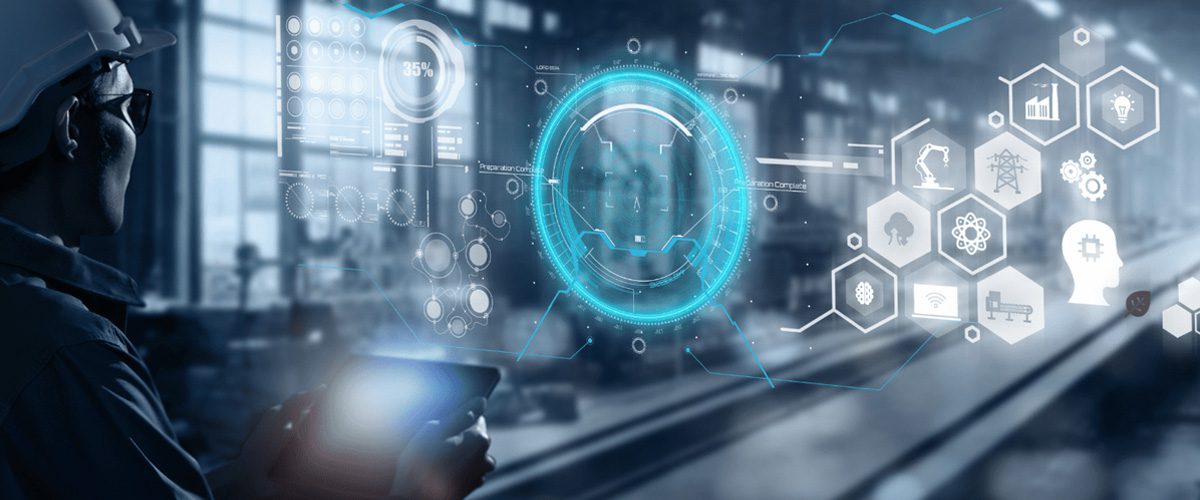Amid the aftermath of the pandemic, supply chains are gradually recovering and adapting. The pandemic highlighted the pivotal role of logistics in sustaining business operations. Industry stakeholders struggled with unprecedented challenges, pushing supply chain managers, accustomed to routine procedures, to recognize the far-reaching consequences of their decisions in maintaining business health during volatile times. This evolving landscape is embracing Industry 4.0, where advanced technologies, big data analytics, and artificial intelligence are optimizing logistics operations.
For an industry considered lagging in technology adoption, sustained market uncertainties helped pique interest amongst logistics companies, resulting in widespread digitalization and adoption of tech-forward solutions. Gaining visibility and transparency into operations was a welcome change, enabling companies to monitor and keep track of their shipment.
From the freight-tech perspective, the rise of venture capital activity in the logistics market was a godsend. As startups in the space grew to impressive valuations, so did the likelihood of logistics businesses striving to be more tech-forward. Companies became increasingly focused on digitalizing workflows in pursuit of more efficiency and building resilient operations.
This inevitably saw companies invest a chunk of their budget into buying and licensing technology solutions. While such tools predictably gave companies better visibility into their operations, it was still challenging to effectively translate these insights into actual value. Companies saw a considerable gap between gaining insights and successfully utilizing them.
The lack of integration continues to be a cause for concern. Companies that worked with several tech providers soon found their platforms inundated with solutions that could not talk to each other. Considering the high cost of technology adoption, businesses are now wary — pushing the need for operational context and technology interoperability to greater relevance across the freight-tech ecosystem.
Enter Industry 4.0, a term coined to describe the fourth industrial revolution. Industry 4.0 applies advanced digital technologies like the Internet of Things (IoT), big data analytics, and artificial intelligence (AI) to transform and optimize logistics operations. Unlike its predecessor, interoperability is a foundational element of Industry 4.0, as it seeks to enable seamless communication between different technologies and systems, sharing data and insights effectively.
To illustrate, take the customs function within logistics. Customs clearances have been traditional bottlenecks, thanks to the number of documents that need submission and the consequences of any compliance irregularities. Companies like KlearNow.AI are combating these complexities by leveraging Industry 4.0 to automate and streamline Customs processes.
Generative AI can accurately and efficiently extract data from customs documents, regardless of the data format — including unstructured data like emails, chat messages, and scanned paper bills. Companies can dump customs documents like invoices, bills of lading, and packing lists onto the KlearNow platform, which identifies patterns and compile customs data sets quickly and accurately, saving work hours and eliminating errors.
Generative AI can identify inconsistencies in documents by intelligently detecting potential anomalies. In case of such issues, the system can flag the records and bring them to the attention of human operators for manual review and correction.
With customs procedures being complex and quite rigid, extensive use of reinforcement learning (RL) models can help. RL can improve customs document processing by training AI algorithms to learn and make decisions based on a fixed set of rules in an environment. Rigorously trained RL models can help extract information more accurately and detect anomalies.
Ultimately, customs brokers and logistics providers can reduce costs and save time with their customs procedures, optimizing operations and improving resource allocation. Industry 4.0 helps companies gain an operational edge over their competition, as it truly impacts the way a business is run. It automates repetitive manual tasks, only needing intervention as a part of exception management. Businesses see improved retention with their customers, as efficient interactions improve customer satisfaction.
In essence, Industry 4.0 is a transition that represents a significant shift in how businesses operate and how technology is used to optimize processes and create value. It is more interconnected, intelligent, and autonomous than previous industrial revolutions, enabling companies to stay ahead of the curve in a rapidly evolving market.

